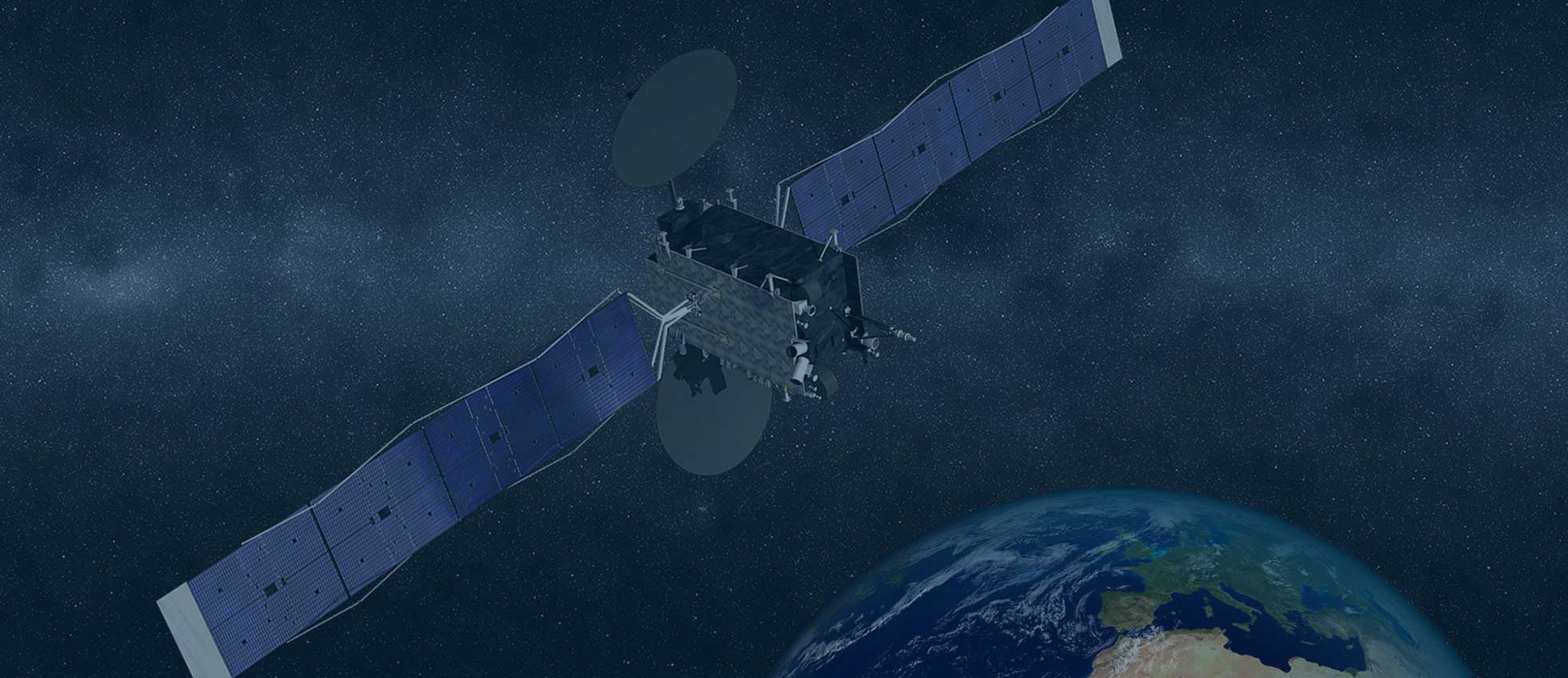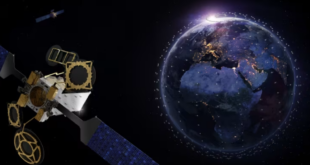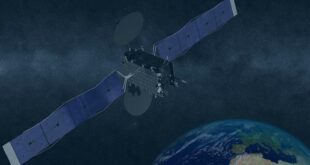
Ibadan, 20 January 2023. – The EUTELSAT 5 West A satellite has retired after more than 20 years of in-orbit operation. As a result, Eutelsat has successfully re-orbited the satellite to more than 400km above the geostationary arc. Likewise, the satellite operator has depressurized the propulsion system and passivated the electrical equipment on board. The final operation to deactivate the remaining Radio Frequency source (telemetry transmitter) came from the Issy-les-Moulineaux Satellite Control Centre on 13 January at 09:57 UTC.
The End-of-Life activities, which the mission control teams operated, placed the satellite in safe conditions with an orbit and configuration fully compliant with French Space Law and International Space Traffic Management recommendations.
Eva Berneke, the satellite operator’s Chief Executive Officer, commented that the satellite’s extended lifetime “showcases the first-rate satellite control expertise of the Eutelsat teams. The satellite provided an overall service availability of 99.999%, a figure that stands as a testament to the hard work and dedication of all the teams who have worked together throughout the years on this mission.”
James Matthews, Eutelsat CSR Director, added: “The decommissioning of EUTELSAT 5 West A satellite is a perfect example of our commitment to the responsible use of space, a fundamental element of the Group’s CSR mission. This operation shows how the Space Traffic Management expertise of Eutelsat is being used to mitigate the risk of space debris for both security and environmental concerns, ensuring the long-term sustainability of space for all operators.”
Based on a Spacebus 3000B3 platform, the then Alcatel Alenia Space (now Thales Alenia Space) built the satellite on behalf of Stellat. Shortly after its launch in July 2002, the satellite, Eutelsat bought and renamed Atlantic Bird-3, operating from the 5° West orbital position where it remained for its entire operational life. It received its current name in 2012 and operated in an inclined orbit since the end of 2019, which enabled an extended lifespan of the satellite.





